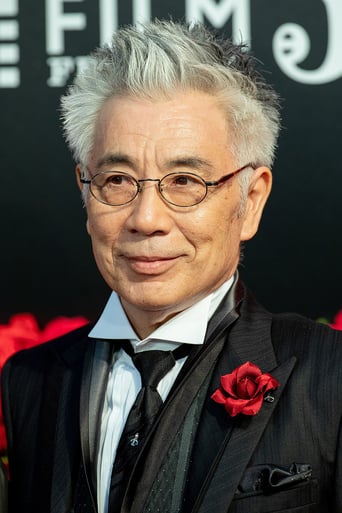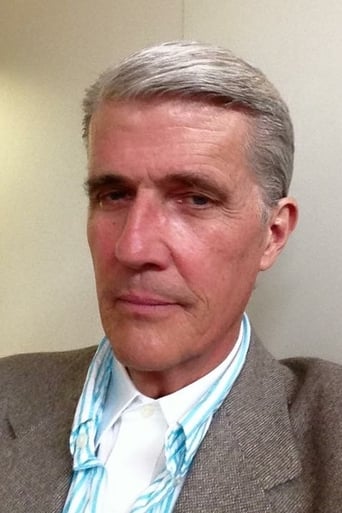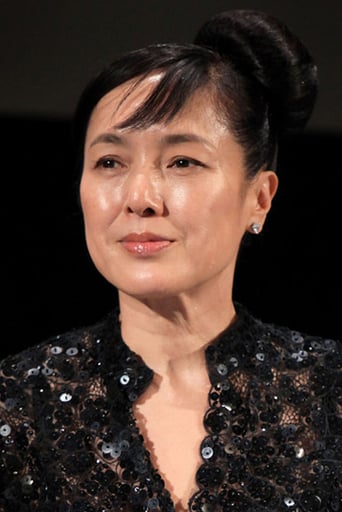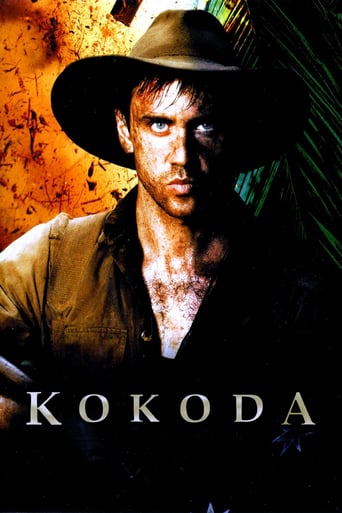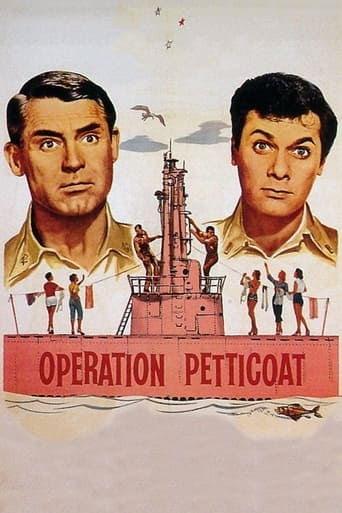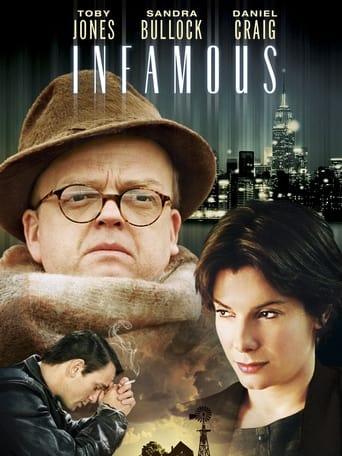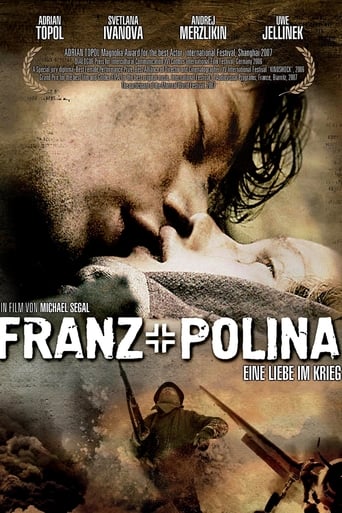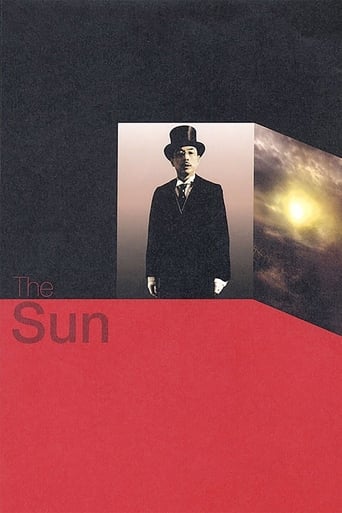
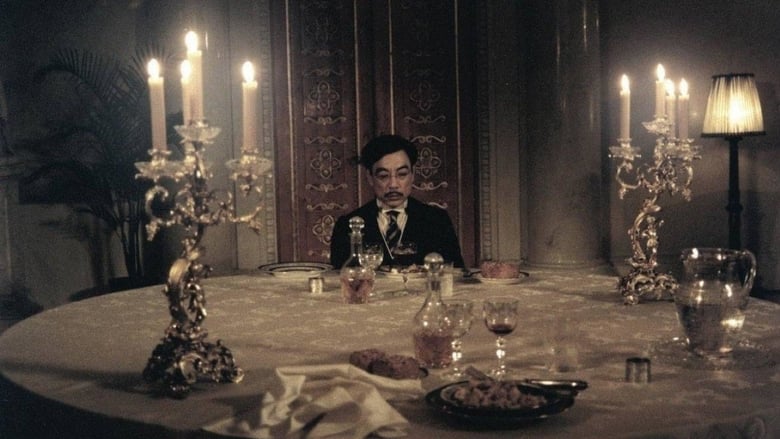
The Sun (2005)
Biographical film depicting Japanese Emperor Shōwa (Hirohito) during the final days of World War II. The film is the third drama in director Aleksandr Sokurov's trilogy, which included Taurus about the Soviet Union's Vladimir Lenin and Moloch about Nazi Germany's Adolf Hitler.
Watch Trailer
Cast
Similar titles
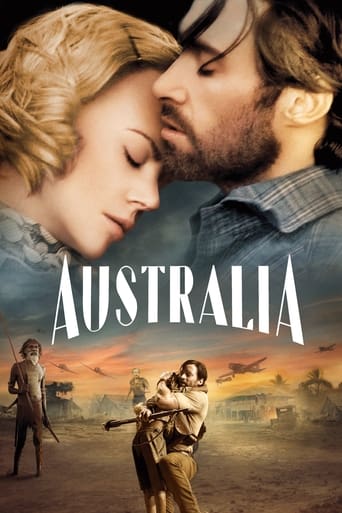
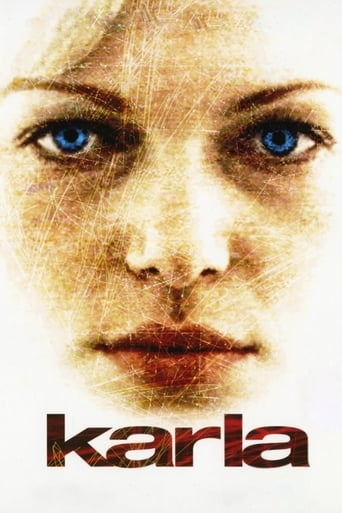
Reviews
A lot of perfectly good film show their cards early, establish a unique premise and let the audience explore a topic at a leisurely pace, without much in terms of surprise. this film is not one of those films.
It's a movie as timely as it is provocative and amazingly, for much of its running time, it is weirdly funny.
Great example of an old-fashioned, pure-at-heart escapist event movie that doesn't pretend to be anything that it's not and has boat loads of fun being its own ludicrous self.
The story, direction, characters, and writing/dialogue is akin to taking a tranquilizer shot to the neck, but everything else was so well done.
...and Henry fell asleep."That is one movie that won't get any high marks in popularity," Kristl said, somewhat louder than was necessary, for the movie was just finishing up with the credits, but she wanted to see if she could get Henry to wake up and make her a coffee.It hadn't gone quite unnoticed to Kristl that Henry had nodded off somewhere at the beginning of the movie. Not that it surprised her the least. The movie didn't contain kick-ass women waving swords about or shooting bad guys with pistols contain an unending supply of bullets and didn't need to reload. God, these guns basically that fired themselves.. No excitement and boss battles here. Just a weird strange movie.The pace was at best leisurely, if you tried to state it in an optimistic manner, ...which was probably done on purpose. "Slow. It is interesting in a way, but requires a lot of patience to sit through. The whole movie is somewhat strange too. I can't help it, but somehow I have to compare it to Der Untergang, with the raving Hitler. Both men who had were prime movers in World War II. Both in a situation that everything is lost. Both living is a world completely disconnected from reality and both strange men, completely out of touch with the rest of humanity."Henry stirred, then turned around and continued snoring."Reminds me not to have a beer before a movie. Unless it's going to be a some high fast paced on the edge movie. Then beer is okay," Kristl mused. Picking up the trail of her thoughts, Kristl continued, "This emperor is living in his own world, treated like a god on earth, which he was to most of his people, and totally out of touch with reality. Like when he leaves a room, people open the doors for him, except that one time after leaving the room after having an audience with MacArthur. The emperor gets confronted by a door. And you see him struggle how to open the door. Normally other people open the door for him.""Or his totally nonsensical reaction in a meeting of the rulers of Japan. He babbles some disconnected lines. Which seems to vaguely touch on the situation but seems to say not a thing. Like those predictions of Nostradamus.""Or his tendency to switch subjects during a conversation. Suddenly talking about something else entirely. And then this man has to make a decision about ending the war. And almost, like a little happy child, he renounces his divinity."Henry made some snorting sounds, giving Kristl some hope that he was about to wake. She was pondering prodding him to wake him up."But to be honest.. it is quite a long movie for it seems to just study this strange man, living in this make believe world. Isolated from it by the people around him. Somehow you would expect a movie to add at least a layer of tension or drama. Something more than the intimate study of a reclusive. But that is about it."She prodded Henry, he just murmured and turned on his other side. "And I understand from other sources that it might be quite a wrong picture at that. According to others he wasn't this strange disconnected child, like MacArthur says, but he was well aware of what was going on and informed about it and actually several times the author of harsh decisions, like ordering the use of gas in the Sino-Japanese wars. A picture that could still fit with him being a child.. but an innocent one? It is a pity the movie doesn't seem to take that into account. The double side of a child: innocent against cruel. Kids can go many ways.."Kristl looked at Henry, who was now snoring audible, "Sleeping like a baby." She grinned.She stood up, walked over to the kitchen and made her own coffee. She like his coffee better, but she had to make do. Then she got one of those sheep woolen blankets, they had in the spare room, and tucked him in. And she did not forget to turn of the light when she left. The exit light above the rear door provided just about enough light. Just like those lights for kids to make them sleep better in the dark of night.www.meritcoba.com
Alexander Sokurov's austere, moody and claustrophobic chamber piece, "The Sun," takes place in Tokyo in 1945, just as the victorious American forces are overtaking the city. The focus of the film is on Emperor Hirohito (believed by his subjects to be a direct descendant of the Sun goddess Amaterasu ) who, holed up in a bunker in the royal palace, agonizes over how such an ignominious fate could have befallen his nation and his people – and the part he himself may have played in bringing that outcome about.Hirohito spends much of the first half of the film engaging in deep introspection and personal recrimination, blaming himself for having placed too much faith in the power of the Empire and for relying too heavily on the enthusiasm of the soldiers rather than properly equipping the army. Meanwhile, he pores over old family photo albums as well as pictures of glamorous Hollywood stars of the time, suggesting that he clearly doesn't despise all things American, even if that nation has become the cause of his downfall.In the second half of the movie, Hirohito finds himself under house arrest, where his American captors ply him with wine and chocolate bars as they negotiate the terms of his surrender. Then he's brought before General MacArthur himself, who treats the defeated emperor with outward politeness but inward condescension and dismissiveness. The result is a subtle little game of cat-and-mouse in which two of the great figures of their time vie for position and power – both personal and diplomatic.A largely fictionalized, impressionistic account of historical events, "The Sun" is definitely an acquired taste. Its subdued tone, spare settings and desultory pacing may be off-putting to some in the audience, and the acting by the American performers is amateurish in the extreme. But there's a haunting quality to the film as well, as a man once convinced of his own infallibility, divinity and immortality is forced to face the fact that, like the rest of humanity, he has feet of clay – and finds what a truly liberating and unburdening thing that can be in the long run.
I would have given this film a higher rating based on the acting, concept, and mood, but I think that it is historically inaccurate. The film attempts a sort of dream like examination of the personality of Japanese Emperor Hirohito (Emperor during WWII), and the distance between his personality and his role in Japan. However, at the beginning of the film, Hirohito is meeting with his military who are saying that they will never surrender, and he agrees. This meeting in the film is happening after the Atomic bomb was dropped and American soldiers were already landed in Japan, almost into Tokyo itself. If I remember my history correctly, Hirohito broke the deadlock in the Japanese military, and was responsible for the decision for Japan to surrender. Also,this decision was made before Americans landed in Japan. I have read that the director of the film, Sokurov, has said that he is not aiming at historical accuracy in his films. But it seems to me that the real interest of this film is that it might be an "accurate", if subjective, reading of Hirohito's personality. If the film misrepresents such significant knowledge and personal action of Hirohito as this, how can we trust any of its representations about what Hirohito was like?
There's an awful lot right with this film. Beautifully shot, well written, and an array of fine acting is topped off by an outstanding central performance by Issei as the Emperor whose world is slipping irretrievably out of his grasp. I really believe that, if you want a film about the last days of Imperial Divinity, you can't go far wrong with this.But is that really what you want? The story of the Emperor's changing world is not the story of the demise of Imperial Japan. The comparisons with Downfall are inevitable, but while Hitler dragged the entire world through unthinkable horrors, Hirohito merely watched others do it on his behalf. As a result, the film seems sadly removed from reality. Which, of course, is a true reflection of events - but it doesn't make for a good film.All in all, a near-flawless study of a rather boring subject. Which is a great shame.
